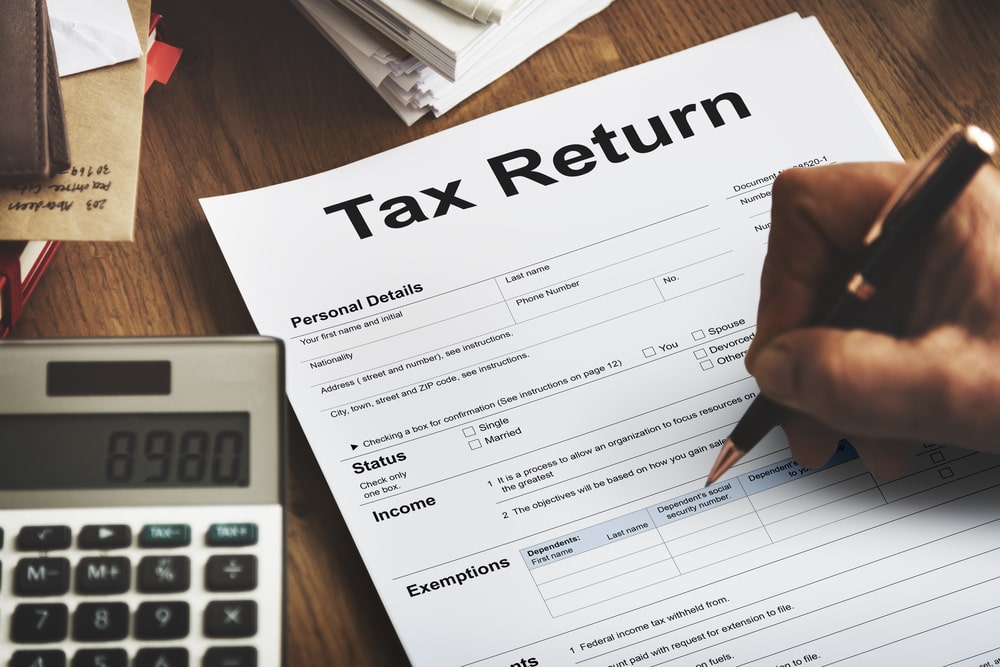
2. Things can change after filing for divorce
It’s well known that getting married can change the way you prepare your tax return, especially if you opt for married filing jointly. The same is true if you have kids, as you can claim them as dependents. And, yes, getting divorced also changes a bit the way you prepare your taxes.
In fact, financial experts advise that there’s one little-known rule that could potentially create some issues. According to them, most newly divorced taxpayers claim their kid as a dependent on their tax return, while the ex-spouse does the same. The result? The IRS rejects their return.
Versha Subramanian, a certified public accountant, explains that not everyone knows that you can only claim child-related tax credits if you’re the parent who had them living with you the most during the year. When it comes to 50/50 physical custody, the parents can only alternate claiming the child as a dependent from year to year.









